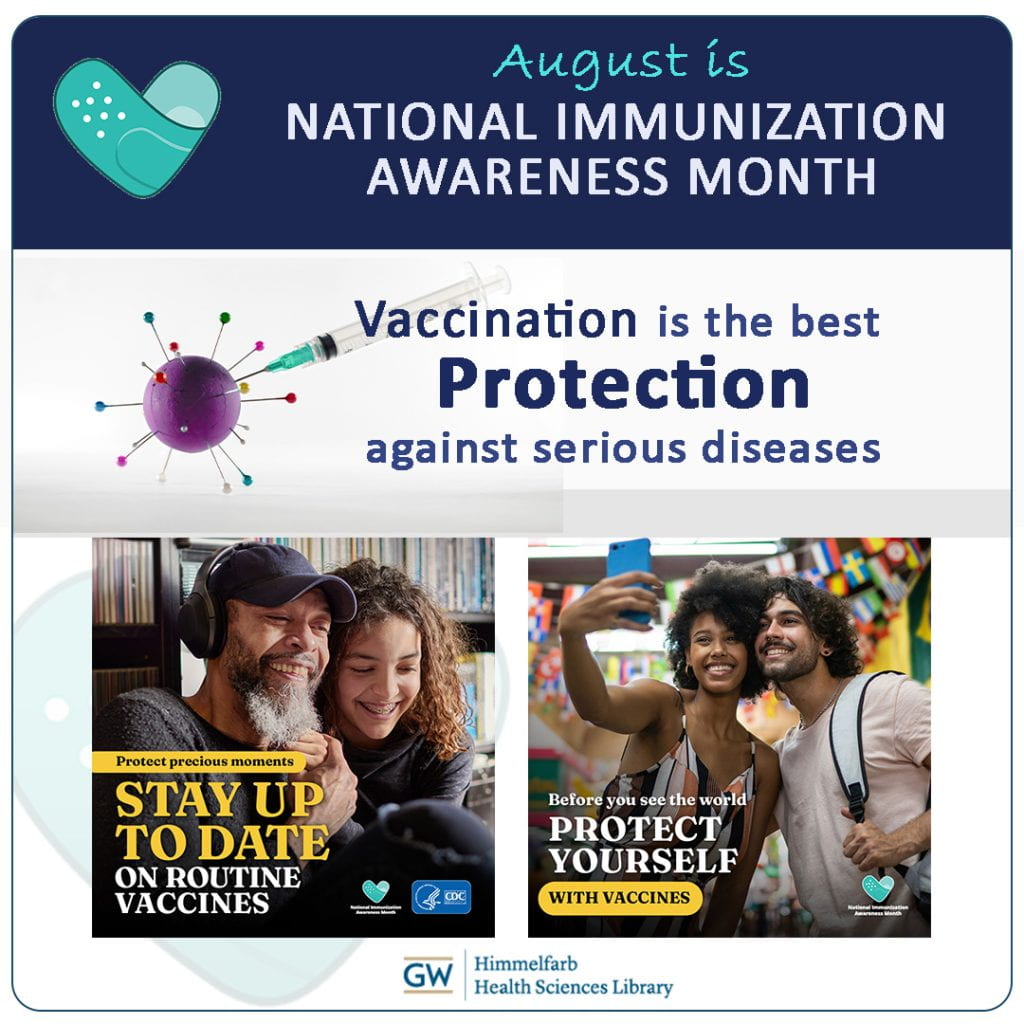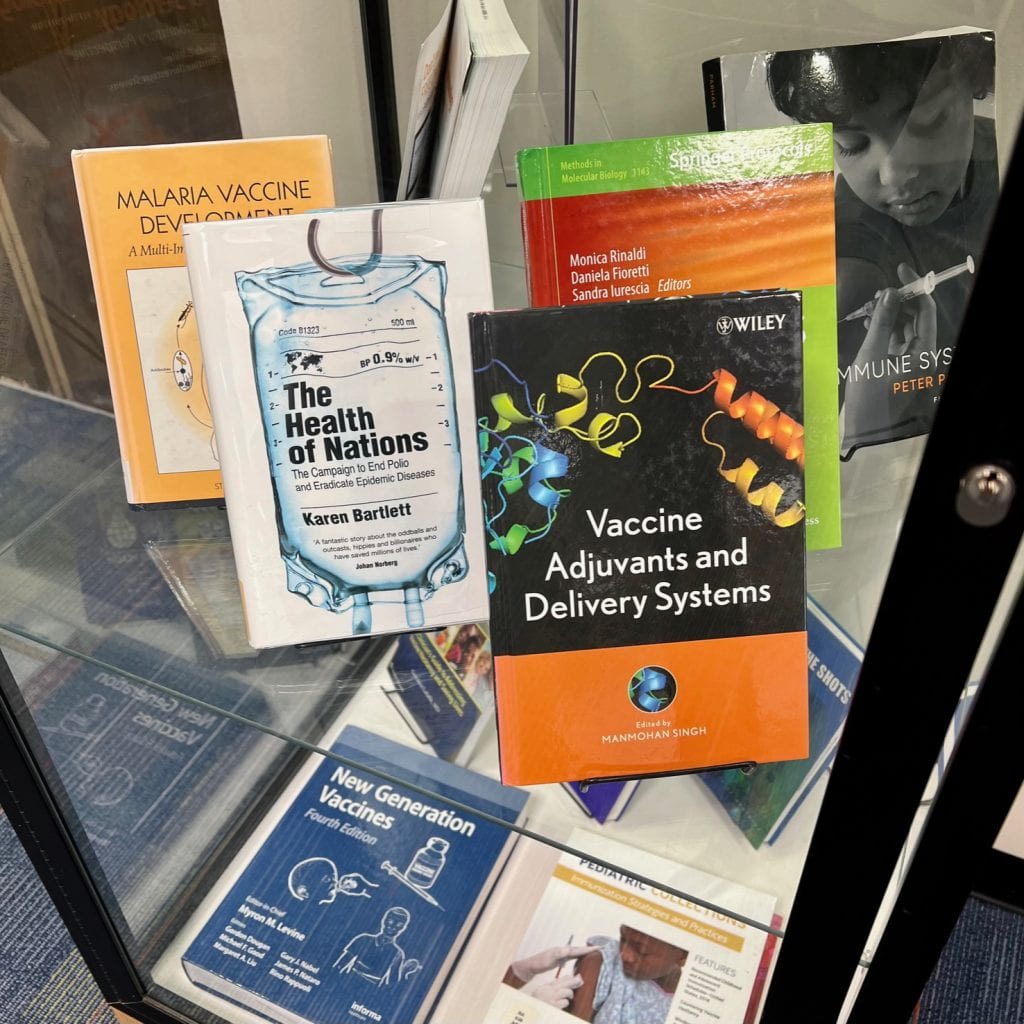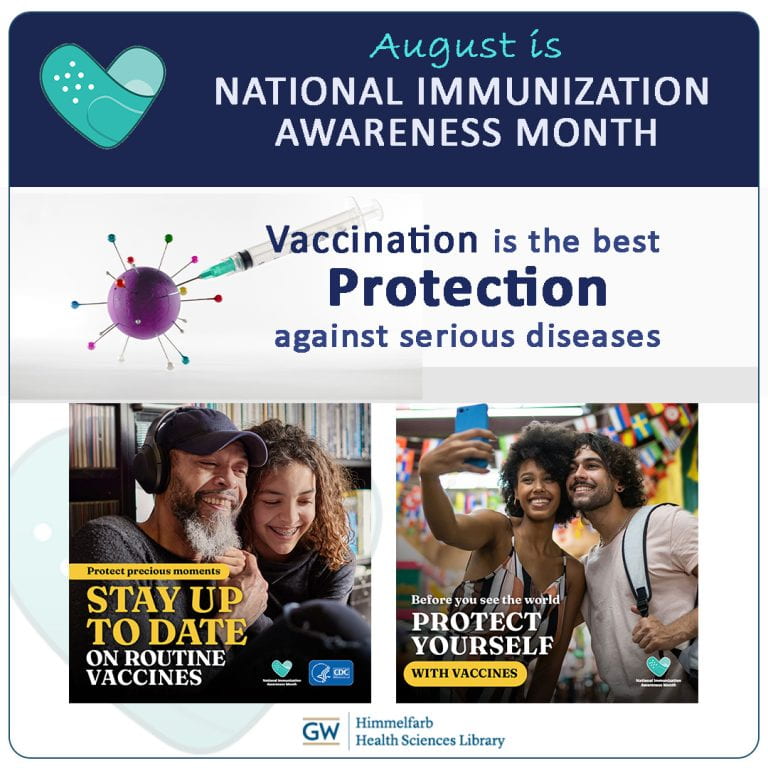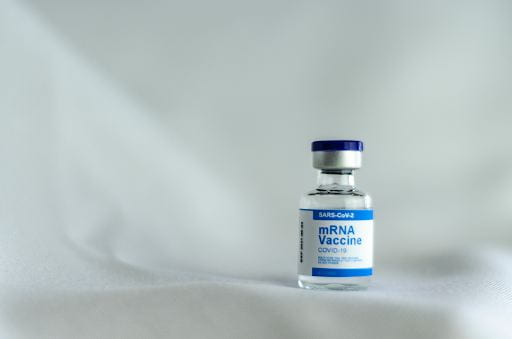
August is National Immunization Awareness Month (NIAM). Regular immunizations are an important part of staying healthy. Vaccines help provide immunity before potential exposure to diseases. Vaccines help your body create antibodies to fight off infections by training your immune system to recognize and destroy harmful pathogens before they can cause serious illness. To learn more about how vaccines work, check out this great video from Nature - which you can also share with your patients:
The Centers for Disease Control and Prevention (CDC) is a great resource for information on immunizations for healthcare professionals and patients. The CDC’s Vaccines and Immunizations website provides information on immunization schedules for children and adults, information about pregnancy and vaccination, as well as a list of recommended vaccines for travelers. Their website also provides a wealth of information for healthcare professions including clinical resources, Advisory Committee on Immunization Practices (ACIP) recommendations and guidelines, immunization schedules, vaccine storage, administration protocols, and patient education resources.
Himmelfarb Library also has a number of immunization resources available! Next time you’re in the library, check out our current book display on the first floor with immunization and vaccine-related resources. If you see something of interest, ask at the circulation desk to check out the book.

We also have some great e-books available on the topic of vaccines:
- Plotkin’s Vaccines: by Walter A. Orenstien et. al. is an award-winning 2024 text that provides the latest vaccination evidence, recommendations, and protocols.
- The Ethics of Vaccination: by Alberto Guibilini discusses individual, collective, and institutional responsibilities surrounding vaccination from a philosophy and public health ethics point of view.
- Diseases That Are Preventable by Vaccination: Polio, Tetanus, Measles, and Mumps: by Mary E. Miller highlights four difficult-to-treat and harmful diseases that can be prevented by vaccinations.
- Pediatric Vaccines: A Clinical Decision Support Chart: What You’re Protecting Against and Why It’s Important Today: by the American Academy of Pediatrics is a visual aid that can be used to guide discussions with patients and parents about the importance of vaccines, the diseases they help prevent, and the various vaccines that are recommended throughout childhood.



